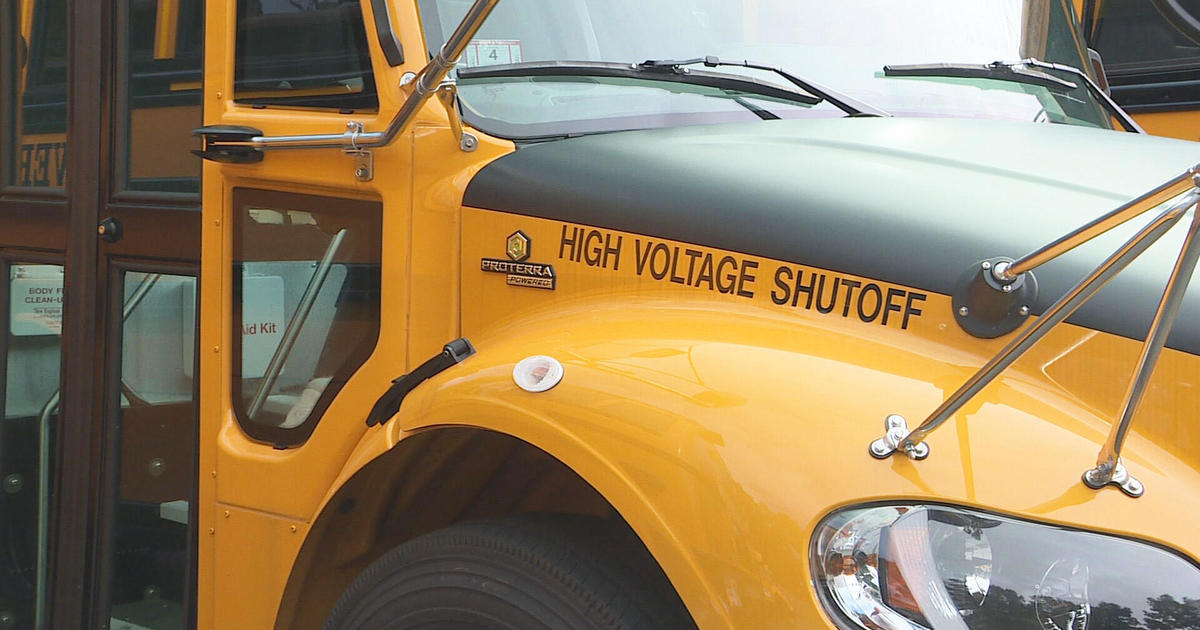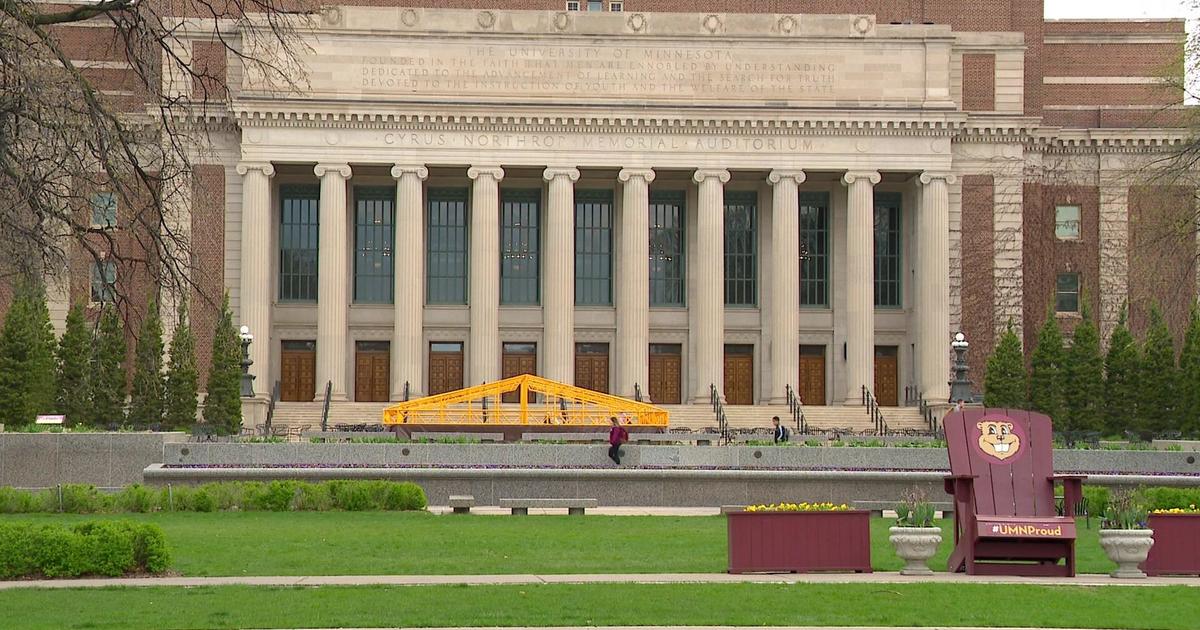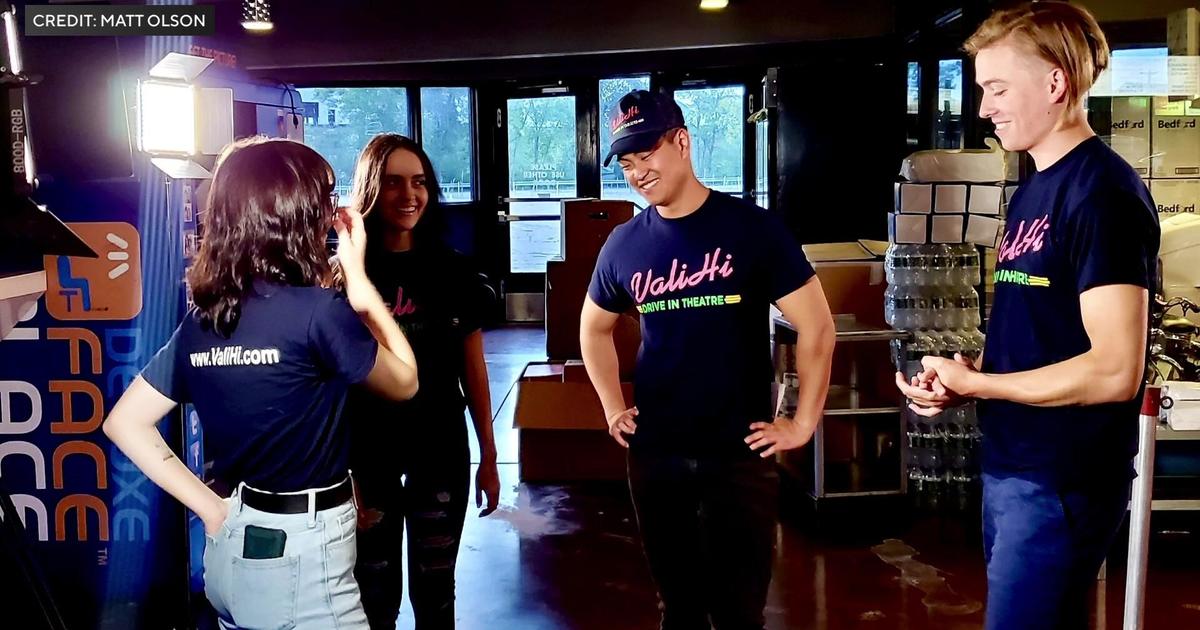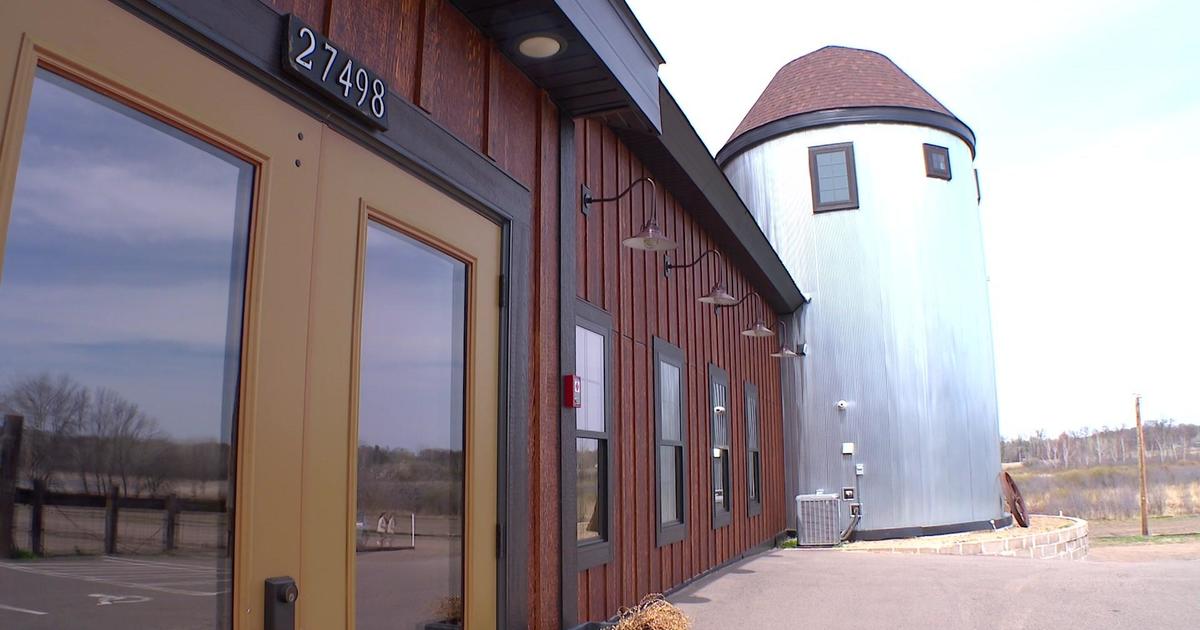Frank Vascellaro, A Snorer In Denial, Undergoes Sleep Study
MINNEAPOLIS (WCCO) - Experts say 40 percent of Americans snore when they sleep. Then there are those who have to sleep next to a snorer. And then there are those of us who are in denial.
I was convinced my wife Amelia was imagining it, so I went to a sleep clinic to find the truth.
I packed up my pillow and checked into the sleep lab at Hennepin County Medical Center.
Torre Giller wired me up, and humored me.
"You'd be surprised at the number of men we get here. 'I don't have a problem, it's all my wife's fault,'" Giller said.
It took about an hour to get all the wires and sensors set, and then Torre wanted me to try out the CPAP machine just in case they saw any signs of sleep apnea – which happens in about two-thirds of their sleep studies.
Obstructive sleep apnea is a dangerous condition that includes loud snoring. The snorer's airway gets constricted, they actually stop breathing and even wake up from it.
It causes fatigue and can contribute to high blood pressure, heart disease and even stroke.
It's scary stuff, but since I don't snore, I wouldn't have to worry about it - or so I thought.
While I slept, Torre and our crew listened, and probably laughed. It turned out I was snoring loudly while on my stomach.
I was in for a rude awakening when I met with Dr. Michele LeClaire to go over my results. She examined me, took my medical history and then broke the news. I didn't really believe it until she showed me the tape, the graphs and all that snoring.
Fortunately, I don't have sleep apnea. My snoring is only dangerous for Amelia. And there aren't many solutions.
I don't smoke or drink much, and I'm not overweight, which can all contribute to snoring. I don't need medicine to avoid congestion, and I don't sleep on my back - so I can't use their t-shirt trick.
"What we tell people generally is get a tight fitting t-shirt that has a pocket sewn on it. Stick a tennis ball in there and sew it shut. Wear it backwards so the ball's always digging in your back every time you get on your back," LeClaire said.
My only chance might be a special mouthpiece, fitted by a dentist.
"Crank this out so it starts to distract the bottom jaw forward in order to alleviate the obstruction that's happening in the back of the throat," she said.
But they can run $1,200, and although insurance often covers them to treat sleep apnea they usually aren't covered for the rest of us snorers.



